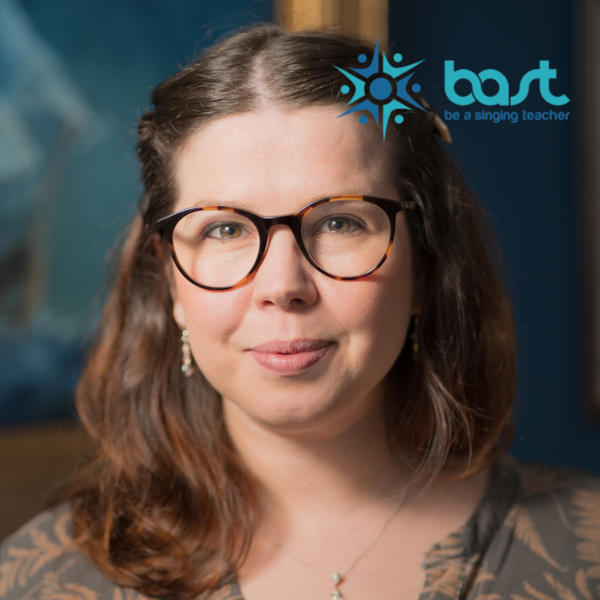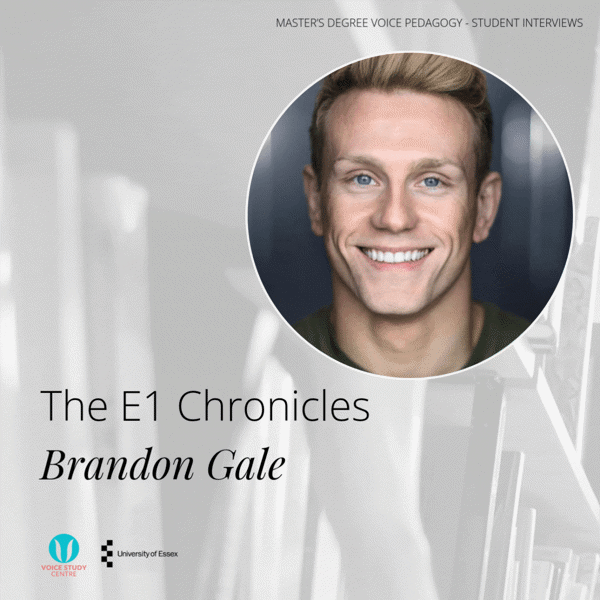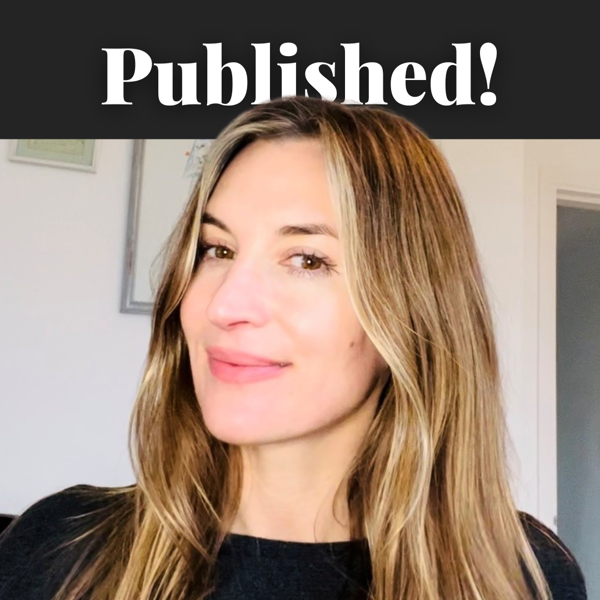February 5th sees the start of Children’s Mental Health Week in the UK. The theme this year is ‘My Voice Matters’, its aim to ‘[empower] children and young people by providing them with the tools they need to express themselves’. Children, however, are born into a world the majority of which holds (consciously and unconsciously) to constructions of childhood rooted in traditional and often negative or, at best, restrictive stereotypes. These stereotypes permeate the English language in sayings, idioms, and gendered truisms* that reduce children to objectified items that need working up into adults. The ability for children to ‘express themselves’ is therefore to some extent limited by what their educators accept, expect and require. These educators therefore hone children’s expression through methods including modelling, suggestion, demand, and more. ‘Educators’ in this instance is a term that includes anyone engaging with a child’s expression, to differing degrees.
As educators, whether informal (including parents, relatives and guardians, for example) or formal (including qualified teachers, and also nurses, doctors, dentists, and more), we can impose social display requirements on children that would be anathema to an adult interaction. We often do this both deliberately and unthinkingly. For example, adults can be at great pains to teach children to demonstrate and display politesse in ‘adult’, socially acceptable ways. When children fail to do this, we withhold the thing they desire until we are satisfied their behaviour meets our requirements. So, we insist they ask for something with a, ‘Please’. Then, when we give them what they politely asked for, we don’t accept their demonstrable joy and delight as gratitude, instead demanding they demonstrate it verbally and specifically with a spoken, ‘Thank you’.
Now consider: how frequently as an adult do you say ‘please’ or ‘thank you’ verbally? How frequently do you make requests this way? Consider this linguistic specificity and compare these terms’ frequency of use with how often your placation or your gratitude is inherent in non-verbal behaviour (a smile, nod, touch on the shoulder) or other linguistic constructions (‘Would it be possible…?’, ‘Great!’, and so on). We often, perhaps unthinkingly, ask and expect children to do what we ourselves do not. To behave such as we do not. Societally, we make fewer allowances for circumstance and context for children than we do for adults. Expectations of children can be both different and higher than those placed on adults in equivalent scenarios.
I do not suggest that children need never understand the value, for example, of using Ps & Qs. Rational arguments can be made for insisting children demonstrate this explicit and socially prescribed behaviour. However, there is a difference between consciously encouraging someone to behave in a certain way to protect them from social risk and harm, or to protect others, and unconsciously embedding a hypocritical and inhibiting social expectation that is only required due to false expectations and a lack of self-reflection on the part of the adult. Research shows that social behaviour is emulated more than it is instructionally learnt. This is, certainly, moderated by ability, which is in part developmental and experiential – precisely why expectations of children should be developmentally and experientially appropriate. Those expectations should also be subject to adult critical reflection in advance of being made a requirement. Language can be highly supportive in the learning process, but instructions need to cohere with demonstration, congruent actions and repeated experience.
Problematically, our assumptive social expectations can confuse and inhibit children such that self-expression is restricted. Then self-doubt builds, and ability of expression becomes frozen, stilted, uncertain. This problem in part stems from children being often an after-thought rather than considered to be primary stakeholders in any situation. Yet, children are rights holders: on this, the United Nations Convention on the Rights of the Child is clear. Knowing what your voice is (psychological and verbal identify) holds as pivotal a role in accessing your rights as having a voice (political and physical) with which to claim those rights. How we enable and teach and encourage or discourage voice and voice use matters.
Singing is a social event, and this is equally true of the pedagogue’s studio as it is of an extracurricular choir or other singing activity. As voice practitioners, vocal educators, trainers and healers, whether spoken or singing voice, we have both the power and the responsibility to ensure our students are primary stakeholders, and treated as such. We have the power to encourage, support, enable confidence and self-efficacy that reaches far beyond the technical ability to accurately pitch a note.
Let’s take time to think about what our expectations of children are. Think then about how and whether these expectations align with those we have of a student. Think about what stereotypical and unconscious beliefs we hold regarding children, about behaviour, development, social mores and politesse. Perhaps no ‘please’ is louder or more intentional than the desire of a child’s so-heard ‘whine’, as adults might categorise the sound. No verbalised ‘thank you’ is more deeply felt than the tearing of paper on a present, the leap into ecstatic playtime with a new toy, the delighted devouring of a treat. The honesty of this ‘voicing’ behaviour, this freedom of bodily and vocal expression, is something we could all benefit from, to the betterment of our mental health. It is not a disregarding of other’s feelings, rather an expression of children’s own, during which process they learn what their feelings are, how to accept and to live with them, and consequently how to appreciate others.
Children have the right to have their ideas and needs heard and acted upon: they need to be able both to say aloud and to believe that their voice matters. To believe in their identity, have confidence in their words, and courage to speak up. These abilities – to say and to believe their voice matters – are not developed in isolation. In fact, they are facilitated through early learning environments, in particular home and early years schooling. Place2Be cite some motivating and desperate statistics: 1 in 10 boys aged 5 to 19 with a mental health condition are suspended in some form from school. 50% of those with lifetime mental health problems first experience symptoms by the age of 14. 1 in 5 children and young people have a probable mental health condition and many continue to have these problems into adulthood. This latter statistic suggests that each classroom in state primary schools will include on average 5 children with a probable (often undiagnosed) mental health condition. That children as young as 5 have a mental health condition is startling. (And, indeed, children younger than 5 experience mental health conditions.) The wonderful reality is, we as voice pedagogues can make a vital difference. Children are the future: we can support change in the world. Healthy expression, voice – in all its psychological, physical, emotional, neurological forms – is mental health. We can support the raising of new generations, whose wellbeing and mental health are underpinned by a true belief in their own worth.
[*Children should be seen and not heard, small pitchers have big ears, easy as child’s play, girls are so good a focused play, boys will be boys, etcetera…]
References:
Damsgaard, J.B.; Brinkmann, S. Me and Us: Cultivating Presence and Mental Health through Choir Singing. Scand. J. Caring Sci. 2022, 36, 1134–1142
Hadley, Pamela A.; Schuele, C. Melanie. (1998). Facilitating Peer Interaction: Socially Relevant Objectives for Preschool Language Intervention. American Journal of Speech-Language Pathology. Vol. 7, No. 4. Pp 25–36.
Hodges, N.J., Coppola, T. (2015). What we think we learn from watching others: the moderating role of ability on perceptions of learning from observation. Psychological Research 79, 609–620. https://doi.org/10.1007/s00426-014-0588-y
Jones, P. et al. (2021). Child Agency and Voice in Therapy. New Ways of Working in the Arts Therapies. Routledge Press.
Marsh, Kathryn (2017) Creating bridges: music, play and well-being in the lives of refugee and immigrant children and young people, Music Education Research, 19:1, 60-73, DOI: 10.1080/14613808.2016.1189525
Mind: Facts and figures about young people and mental health - Mind
Morrow, V. (2011). Understanding Children and Childhood. Centre for Children and Young People Background Briefing Series, no. 1. (2nd ed.). Lismore: Centre for Children and Young People, Southern Cross University.
National Children’s Bureau. (2020). Mental health of under-5s at risk - warns new NCB research published in Infant Mental Health Awareness Week
Ochs, Elinor; Izquierdo, Carolina. (2009). Responsibility in Childhood: Three Developmental Trajectories ETHOS, Journal of the Society for Psychological Anthropology. Vol. 37, Issue 4, pp. 391–413. DOI: 10.1111/j.1548-1352.2009.01066.x.
Papa, A., Cristea, M., McGuigan, N. et al. (2021). Effects of verbal instruction vs. modelling on imitation and overimitation. Humanit Soc Sci Commun 8, 239. https://doi.org/10.1057/s41599-021-00925-4
Place2Be: Improving children’s and young people's mental health – Place2Be
Stokoe, E. (2022). Conversation analysis and persuasive language, with Liz Stokoe - People Who Read People: A Psychology Podcast (behavior-podcast.com)
Vissing, Y. (2023). How to Talk With and About Children as Human Rights Holders. In: Children's Human Rights in the USA. Clinical Sociology: Research and Practice. Springer, Cham. https://doi.org/10.1007/978-3-031-30848-2_21



